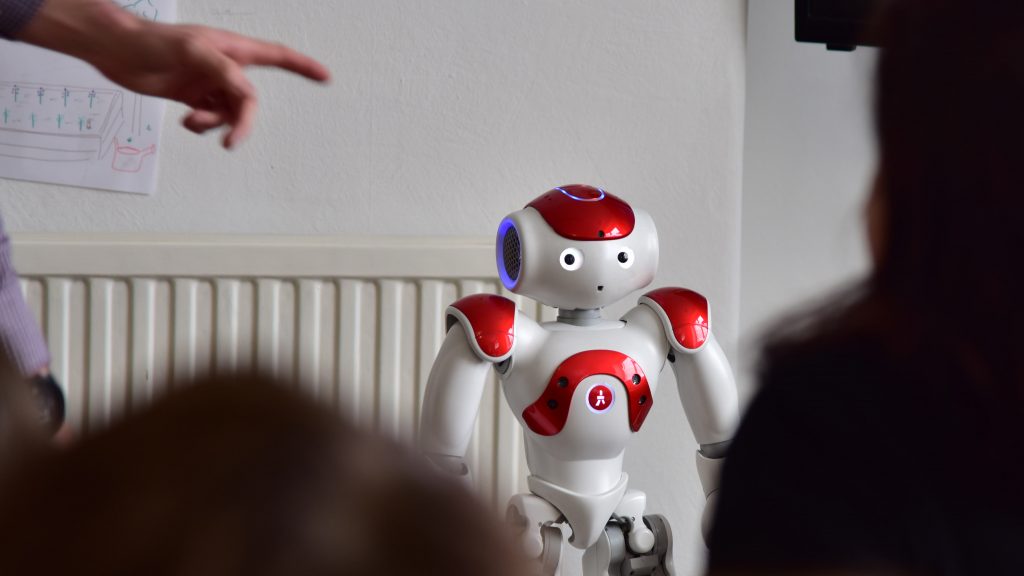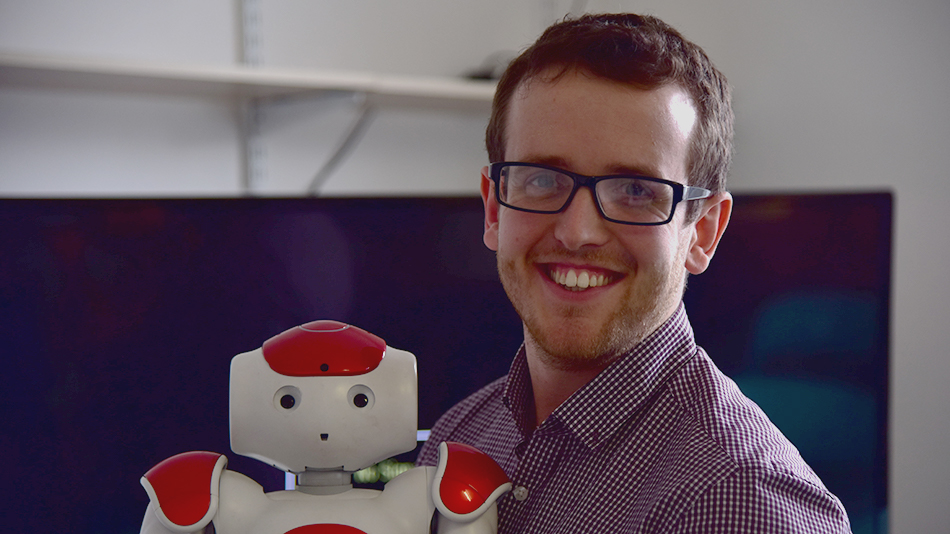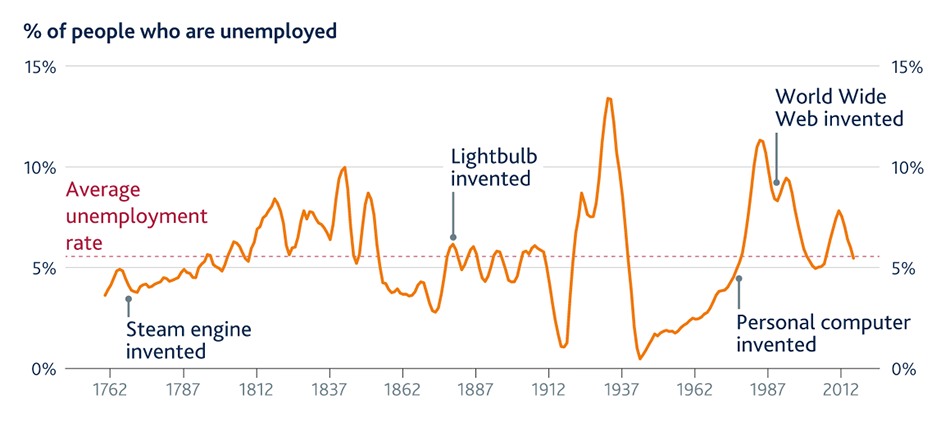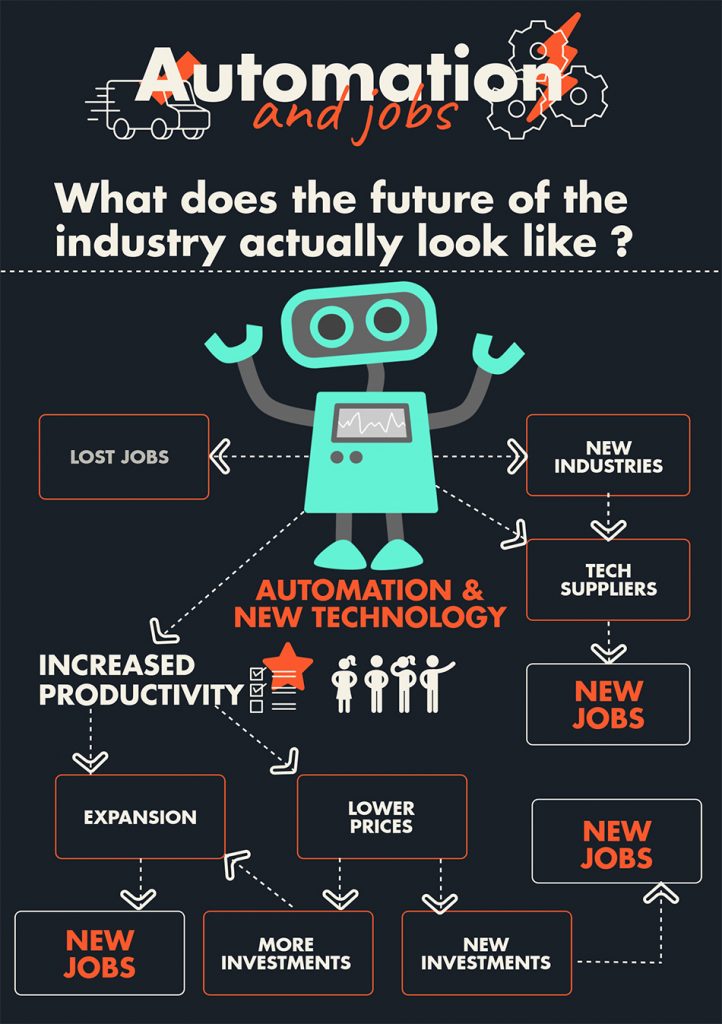Automation is rising at an alarming rate with driverless vehicles, self service kiosks and talking robots as assistants. How likely are you to keep your job in the future?

More than 10 million jobs in the UK could be replaced by robots in the near future as automation of processes grows, says a report by PWC.
About 800,000 jobs have been lost in the last 15 years, and approximately 30% of jobs in the UK could potentially be automated by 2030s with no sector being unaffected.
“It is extremely frustrating to see some form of technology take your job away. You spend so much time and energy to get experienced, you do it for so many years, you do it well, and a piece of technology just swoops it away from you,” says Juan Carlos, a Spanish national, who lost his job as a technician in a manufacturing unit. “It’s not only killing my job, it’s killing my motivation to find another one.’’
With investment in driverless technologies growing, around 1.2 million driving jobs could be lost to automation in the next decade as over 8 in 10 jobs face over 65% risk of automation as per Moneysupermarket’s recent report.
.embed-container { position: relative; padding-bottom: 56.25%; height: 0; overflow: hidden; max-width: 100%; } .embed-container iframe, .embed-container object, .embed-container embed { position: absolute; top: 0; left: 0; width: 100%; height: 100%; }
Terms like automation, artificial intelligence and robotics are being thrown around without really being understood. There seems to be a Frankenstein factor associated with it.
Scott Morgan, Digital literacy lead at Bridgend College, works in developing teaching and learning around emerging technologies. He hosted a talk during the recently conducted Cardiff science festival and addressed the question giving a detailed insight into the possibilities of the future.

“This idea of robots taking jobs from humans, is flawed really,’’ he says. “That was the intentional title to my talk ‘Will a robot take my job’. The answer is really no! What will more than likely happen is actually jobs will just adopt and change. Things like creativity will become more important.”
Despite several technological revolutions and many jobs becoming extinct, average unemployment rates today are similar to those in the 18th century. Automation and robotics have been developing steadily since the early ages of industrial development.

“ATMs, self service Tesco machines, driverless trains like DLR, these things are not new, they’ve been around for a while…Robotics, robotic arms, building things on production line for decades. These technologies are not new they are just getting a lot press,’’ says Morgan.
Education plays a key role and we need to ensure that the right skills and tools are given to kids and students to be able to succeed in the future market, he says. ‘’Schools, colleges, and universities, need to make sure that they adapt quickly to the change that’s coming from technology.’’

According to Deloitte’s recent report, the UK has benefited from a technology-driven shift. Eight hundred thousand jobs have been lost, but nearly 3.5 million new ones have been created, resulting in a £140 billion net boost to the economy.
AI, robotics and automation could contribute up to $15 trillion to global GDP by 2030 according to PWC’s report, which would boost the economy and create more jobs than it replaces.

High thinking and reasoning skills such as digital know-how, management capability, creativity, entrepreneurship, social and emotional skills, and complex problem solving are the future and society should rightly invest in them to ensure increasing jobs.
This depends on the ability of businesses and organisations, educators and government to correctly anticipate future skill requirements and provide the right training and education.
